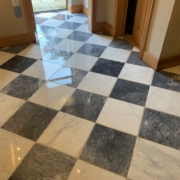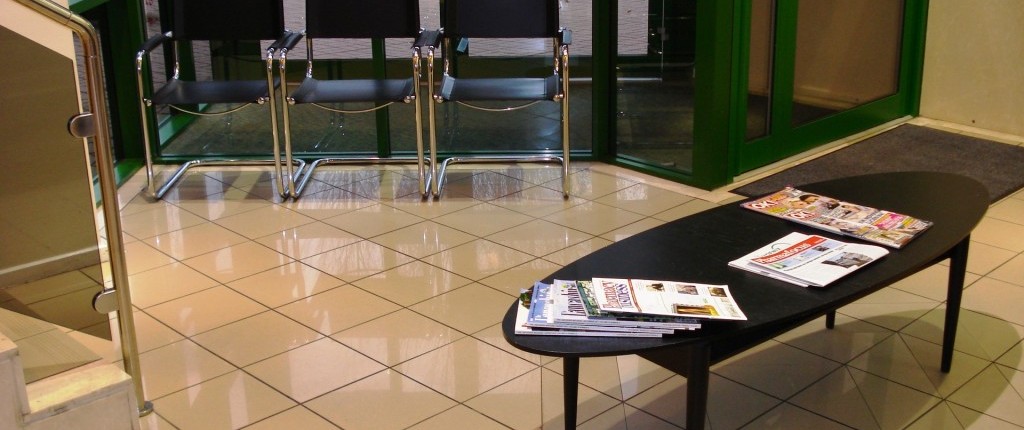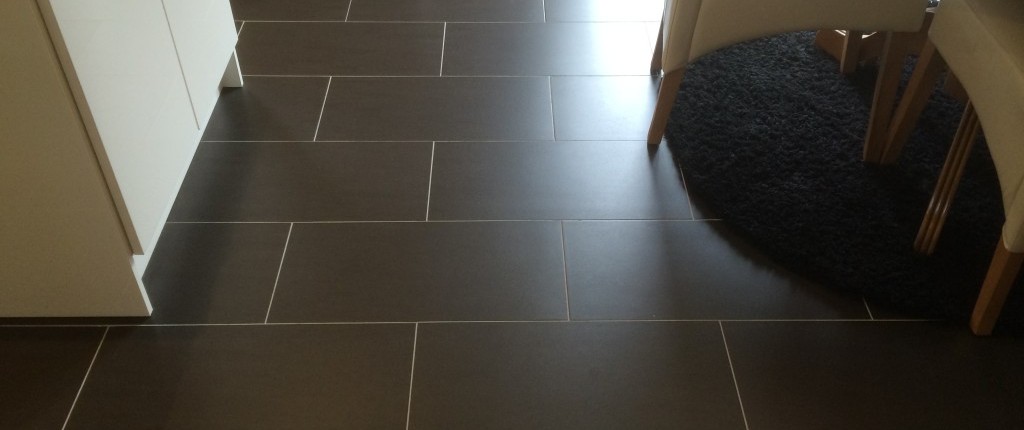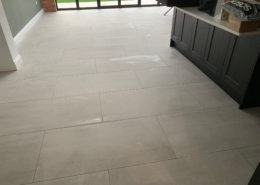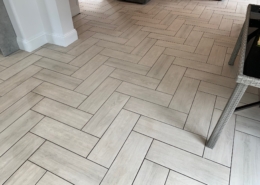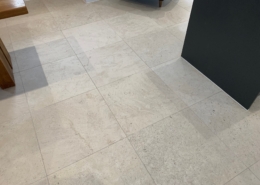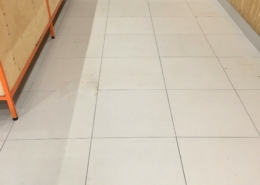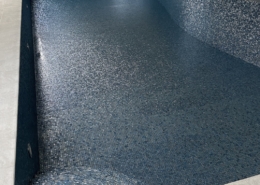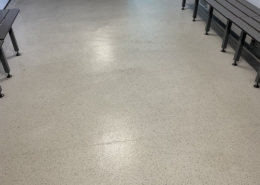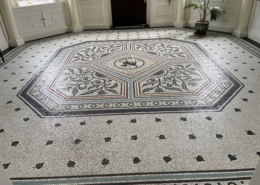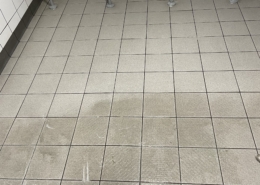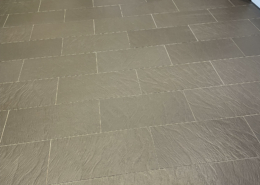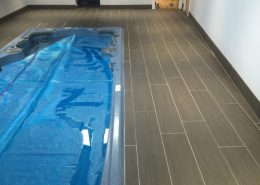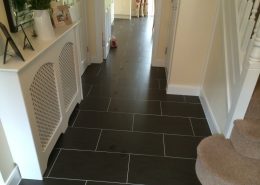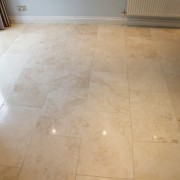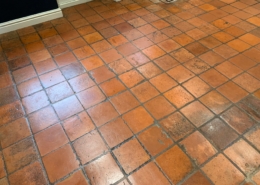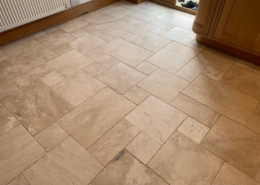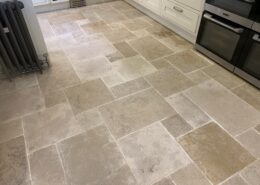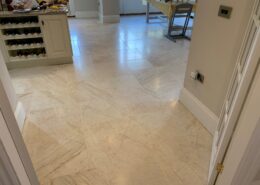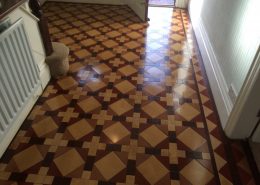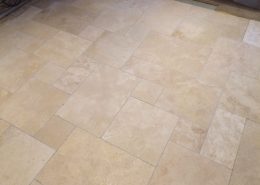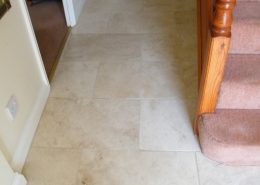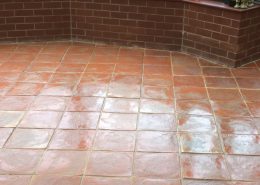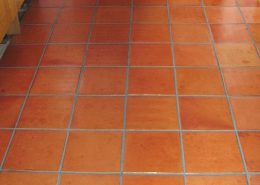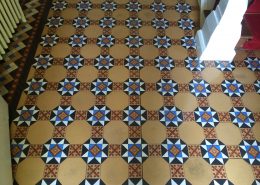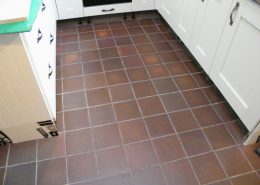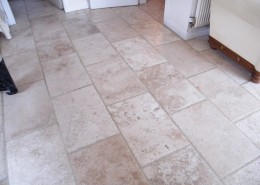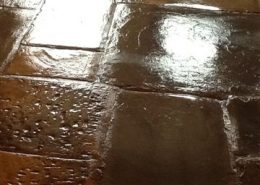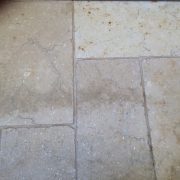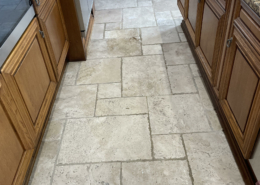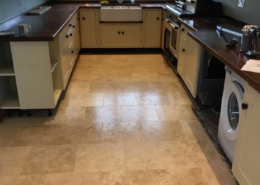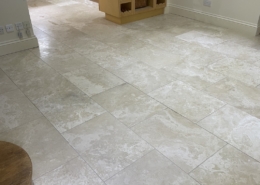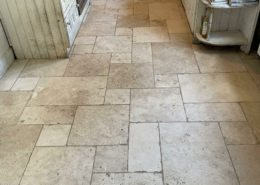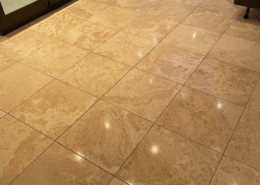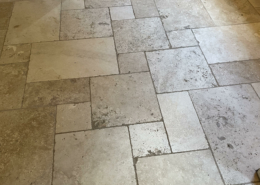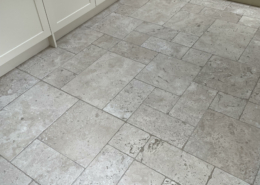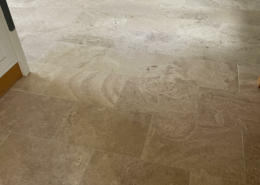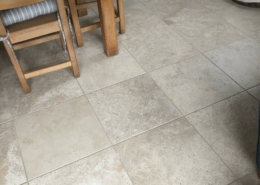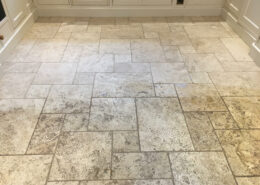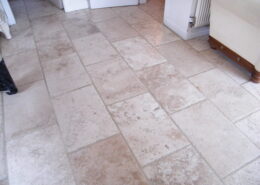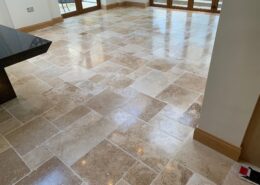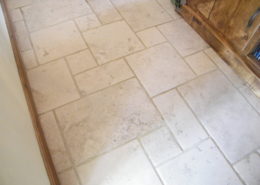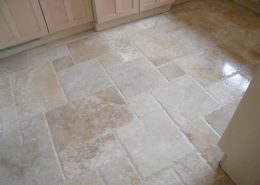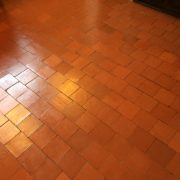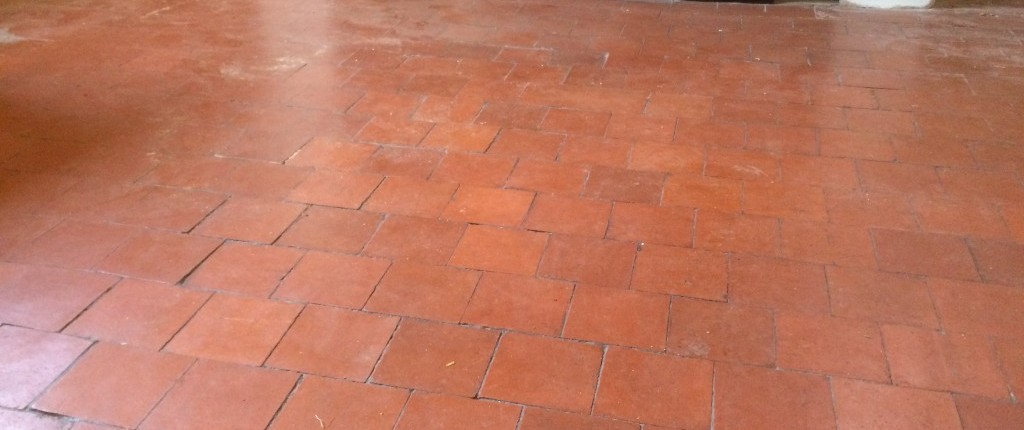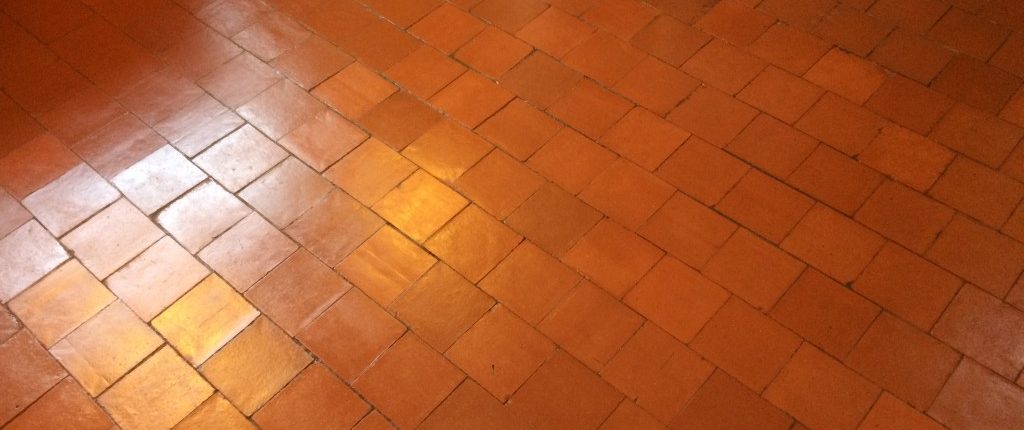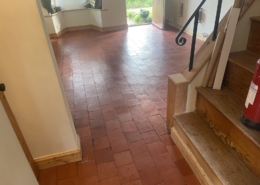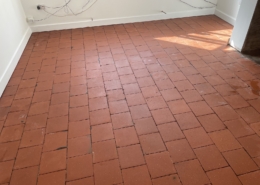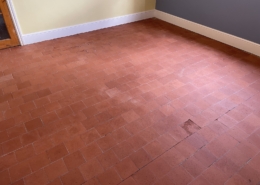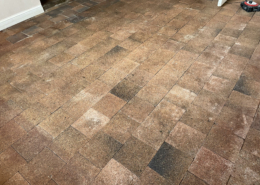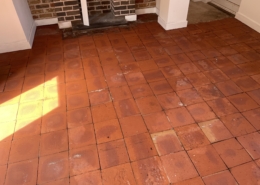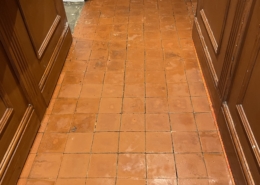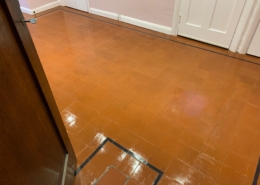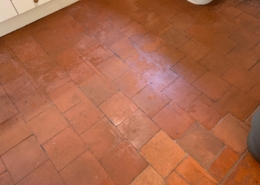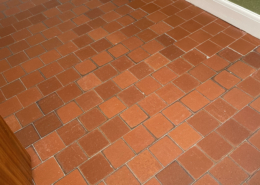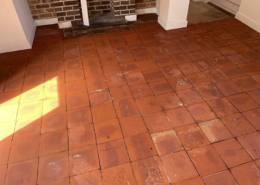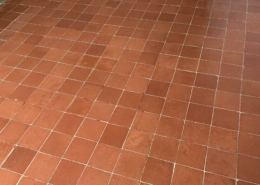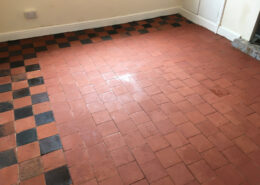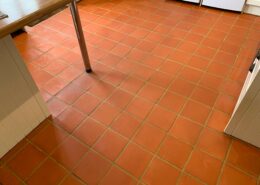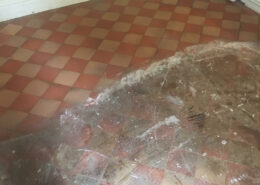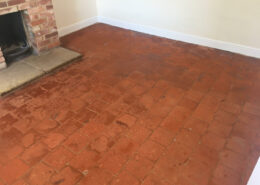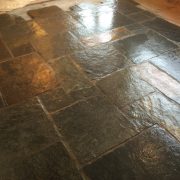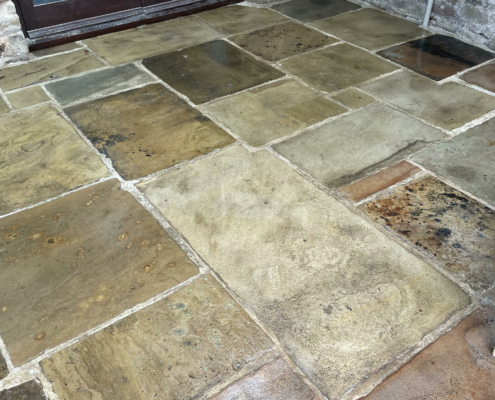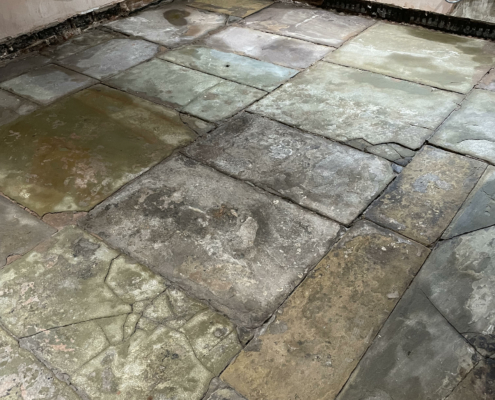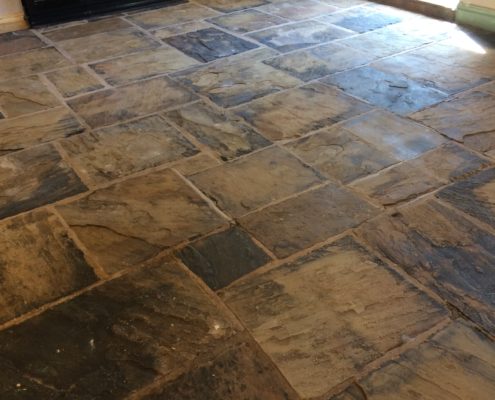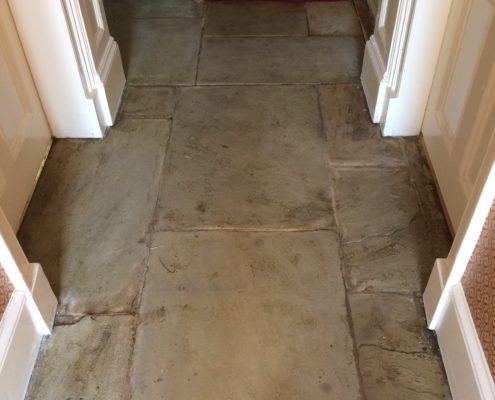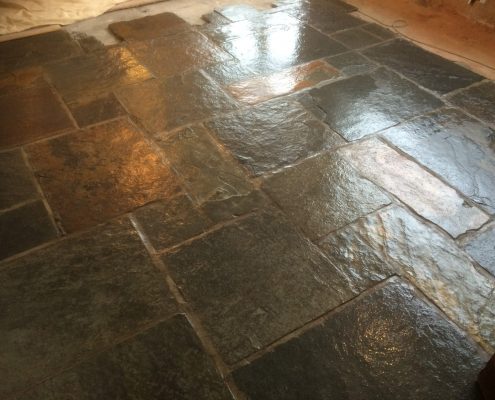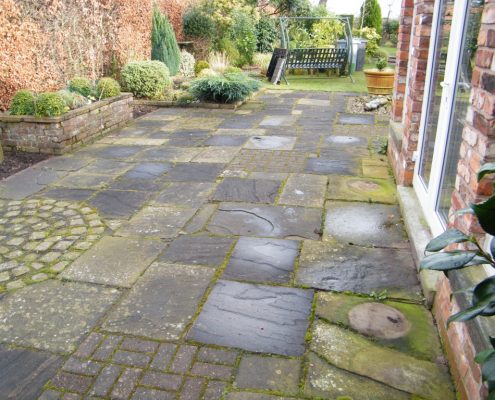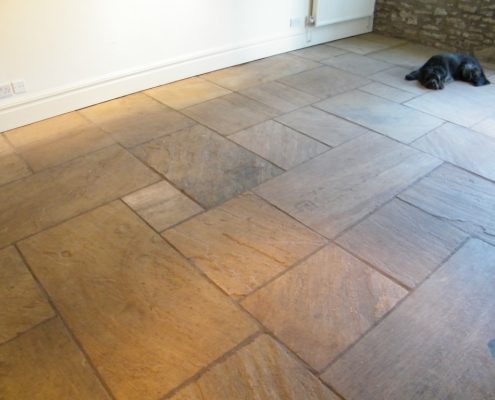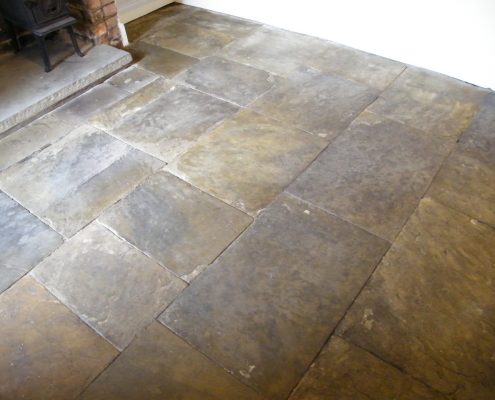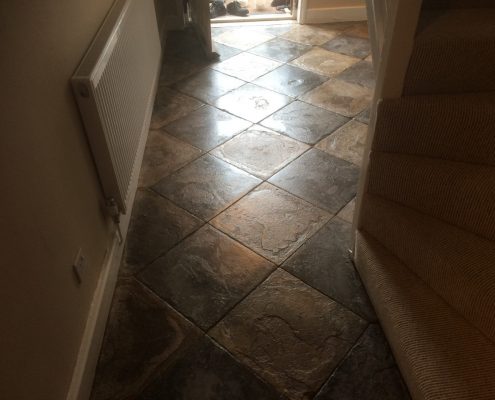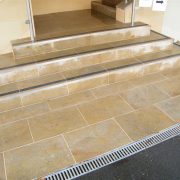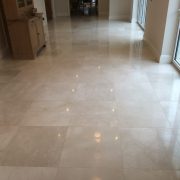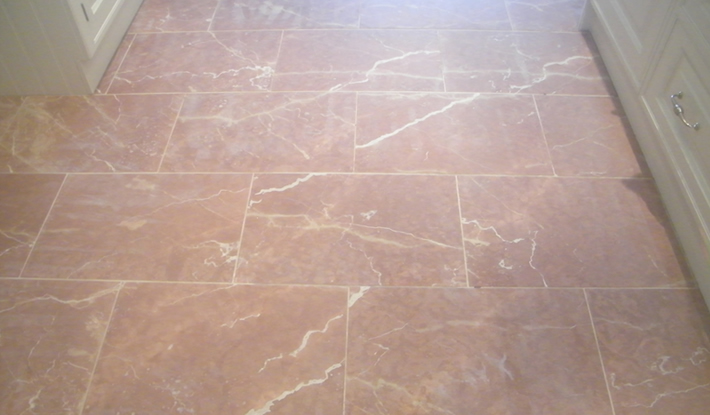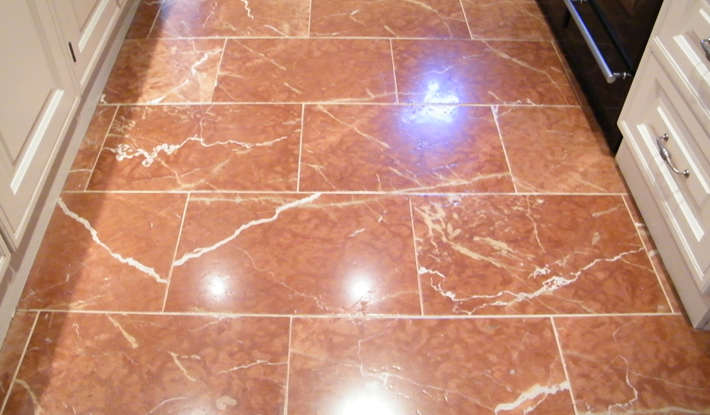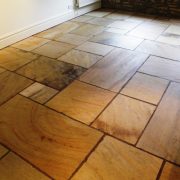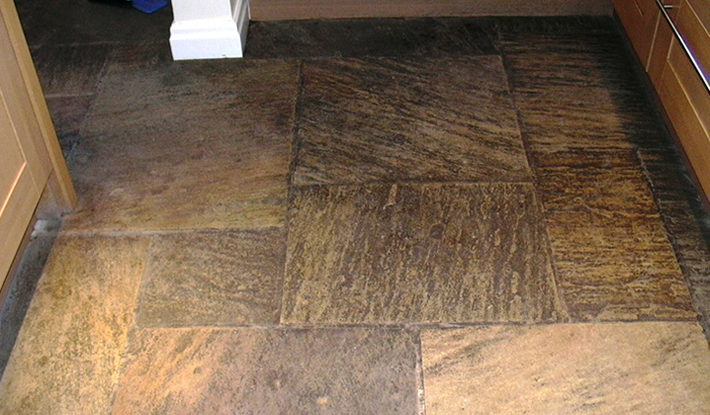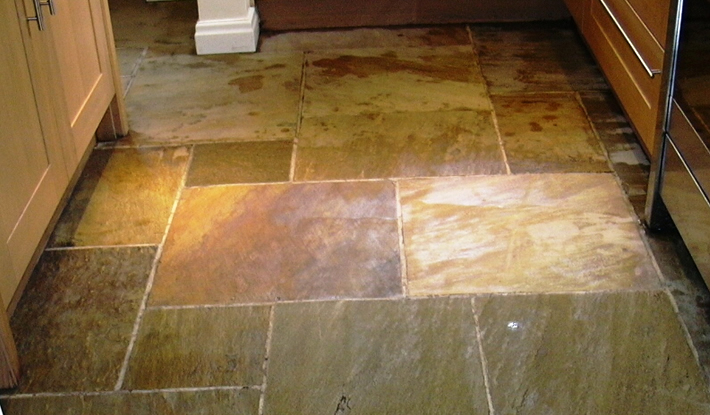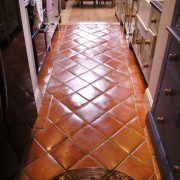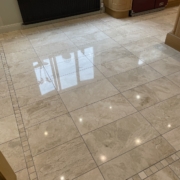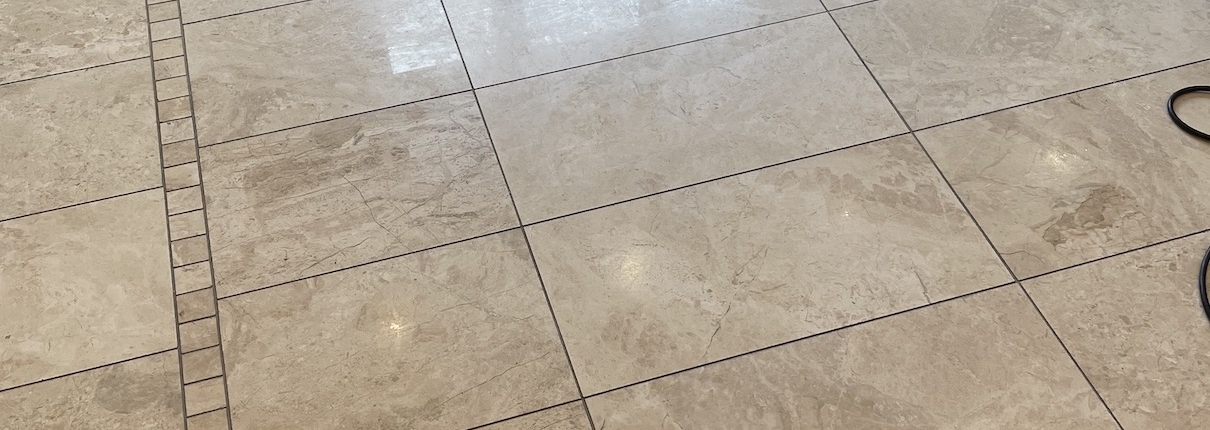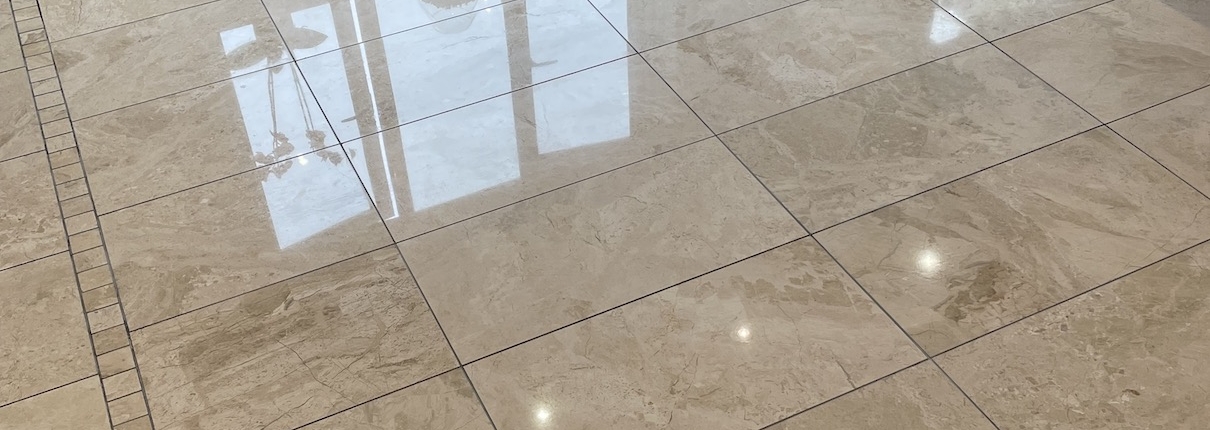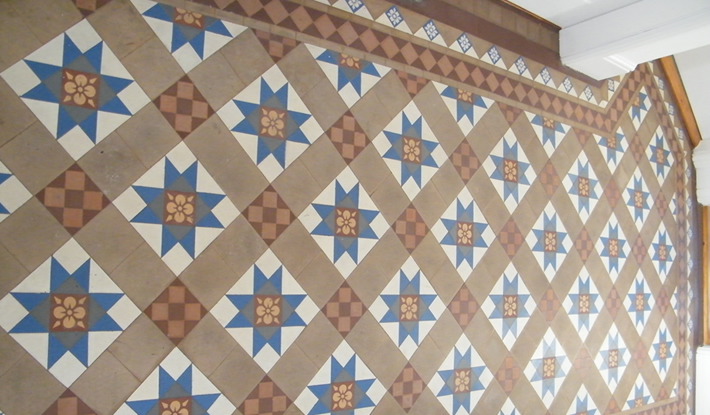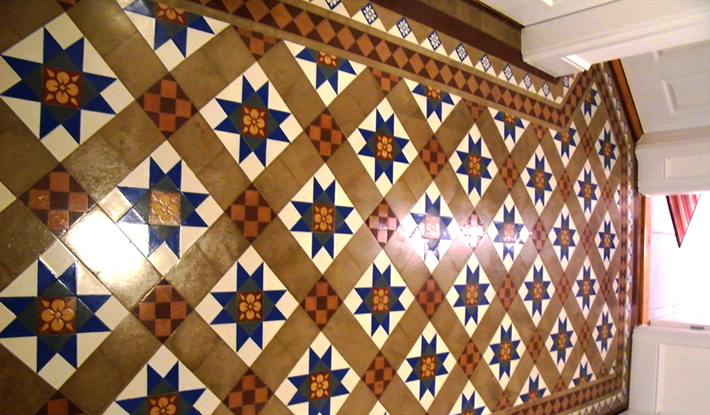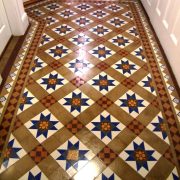Ceramic Floor Cleaning
Ceramic floor cleaning Gloucestershire
Ceramic tiles have been popular for many years for various homewares such as mugs, bowls and crockery. Ceramic tiles make for an attractive flooring material. Tiles are formed from a combination of clay and fine sand, which are then kiln fired at high temperatures. Ceramic floor tiles are both durable and inexpensive. The typically small tiles mean that if damage does occur replacements are cheap and easy to install. Since they’re hard wearing, typically ceramic tile floors last for many years. Ceramic tiles offer excellent water resistance, which is why it is so often used for crockery and why they are generally the first choice for swimming pools. When used in flooring it also works well with underfloor heating, which has become popular in recent years, making ceramic a great choice for all seasons.
Cleaning ceramic tile floors
- Polishing
- Small repairs to cracks and chips
- Sealing & moisture protection
Despite its durability and water resistance, ceramic tile floors require regular maintenance in order to ensure they continue to look great and remain free from damage. Ceramic tile floors can be both polished to a high sheen or finished in a more muted, matt style. Each variety of finish requires a different cleaning and maintenance approach. Having been providing tile cleaning and restoration services for many years, you can rest assured that porcelain cleaning services from Tile and Stone Medic will be carefully matched to your unique floor type in order to achieve the highest standard of finish.
We use some of the best equipment available to clean ceramic tile floors, meaning we can provide effective restorations on textured and highly polished tiles. When working with a polished ceramic tile, we finish our restoration with a coat of high quality sealer to protect the finish and ensure the shine lasts for as long as possible. Our polishers can restore the shine of even the dullest of porcelain floors.
Care must be taken to not use certain types of cleaning solution on ceramic. Solutions with a low PH can be particularly damaging. Where inappropriate cleaning solutions have been used in the past, discolouration can occur. This type of damage can be treated by Tile & Stone Medic depending on how severe it is.
Maintaining ceramic flooring
Regular dusting and vacuum cleaning is essential in order to protect the polish of ceramic tile, just make sure that your vacuum cleaner doesn’t have hard plastic wheels as these could scratch the finish of the floor and wear at the seal. Over time, however, dirt will naturally become ground in to the tiles. Whilst the tiles themselves are highly durable, their surface shine will naturally become more dull over time. A professionally applied, high quality sealer is the best way to protect your ceramic tile. This is a service we have carried out hundreds of times over the years so you can rest assured you’ll get the highest quality finish. We can also help restore and repair when damage has occurred to the grouting that secures your ceramic tiles.
Ceramic looks great and is highly durable, if you look after your ceramic floor you’ll get the maximum possible lifespan from it. Need any help with keeping it sealed and maintaining its shine? Get in touch, we’ve got all the equipment necessary to make it good as new and would be happy to advise on the best precautions to take in order to keep it that way.
FAQs
Yes we can, securing loose tiles is a simple job for a professional and we’d be happy to help
Absolutely, we stock a range of high quality sealers which we can use to make your tiles shine like new.
In many cases yes, it’s one of our specialities. We’ll need to take a look at the amount of staining to make a proper assessment.
In many cases we can, although it depends on the type of tile and how serious the damage is. Let us take us a look at your floor and we’ll make an assessment. Please note we can only carry out floor repairs as part of a full deep clean or restoration for your stone floor. Unfortunately, we are not able to attend to carry out repairs in isolation.

